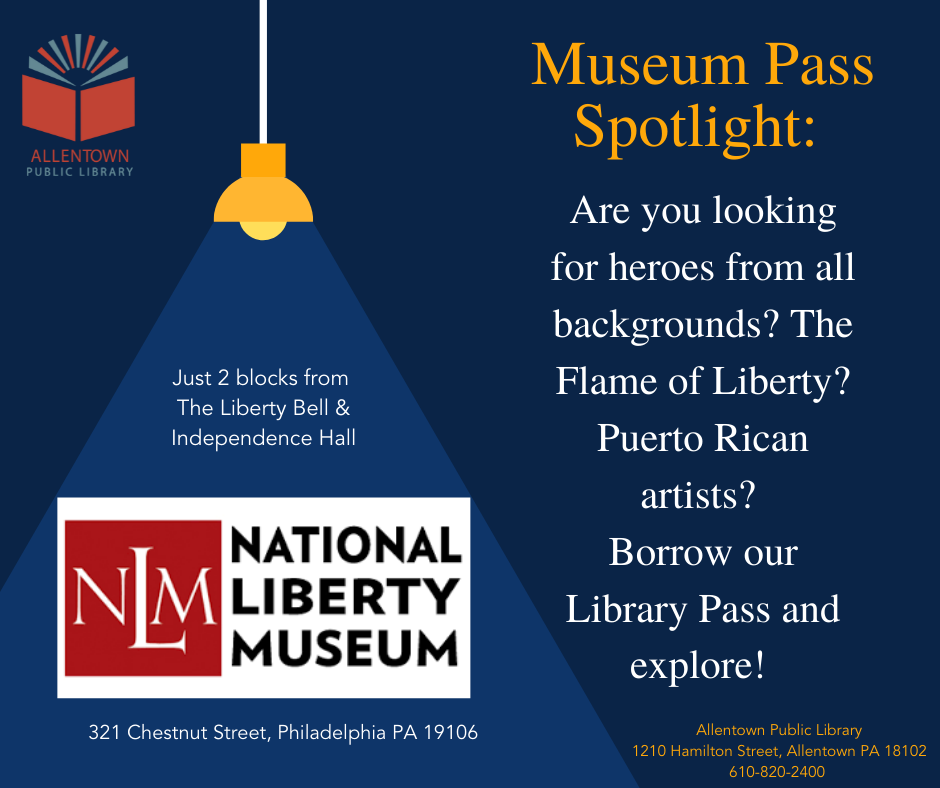
Learn more about all the Museum Passes the library has to offer HERE!

Learn more about all the Museum Passes the library has to offer HERE!
TED is a global community, welcoming people from every discipline and culture who seek a deeper understanding of the world. They believe passionately in the power of ideas to change attitudes, lives and, ultimately, the world. We asked our staff to share their favorite TED Talks and paired them a few books that may help you expand your understanding on the topic. This is what they came up with. (Click on the book covers to find the books in our catalog)
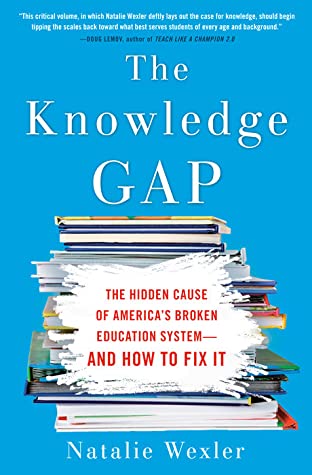
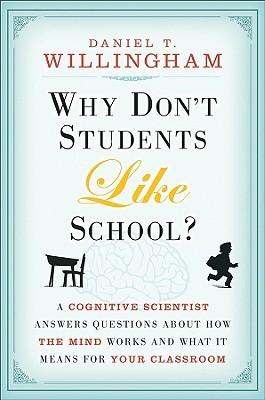
Tsundoku (積ん読): A Japanese word and characters that translate as “pile up” + “read”. We asked our staff what has been piling up on their to-be-read list. Here are their answers.
Nonfiction

Tunnel 29: The True Story of an Extraordinary Escape Beneath the Berlin Wall
By Helena Merriman
It’s summer, 1962, and Joachim Rudolph, a student, is digging a tunnel under the Berlin Wall. Waiting on the other side in East Berlin – dozens of men, women and children; all willing to risk everything to escape.
Book
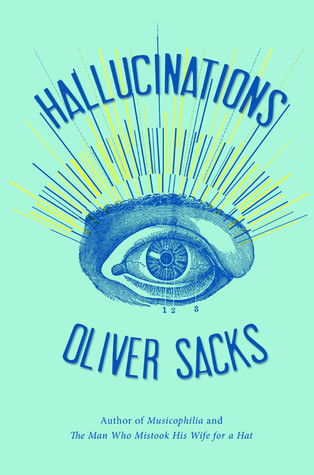
Hallucinations
by Oliver Sacks
Have you ever seen something that wasn’t really there? Heard someone call your name in an empty house? Sensed someone following you and turned around to find nothing?
Book/Audiobook CD/Overdrive eBook
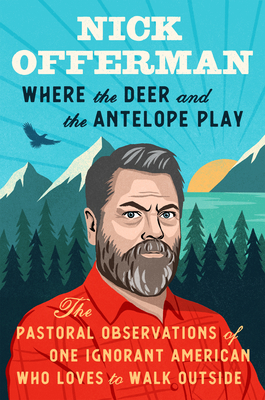
Where the Deer and the Antelope Play: The Pastoral Observations of One Ignorant American Who Loves to Walk Outside
by Nick Offerman
A humorous and rousing tour of America’s nature spots as well as a mission statement about loving, protecting, and truly experiencing the outdoors, inspired by three journeys undertaken by actor, humorist, and New York Times bestselling author Nick Offerman
Book/Overdrive eBook/Overdrive Audiobook
Fiction
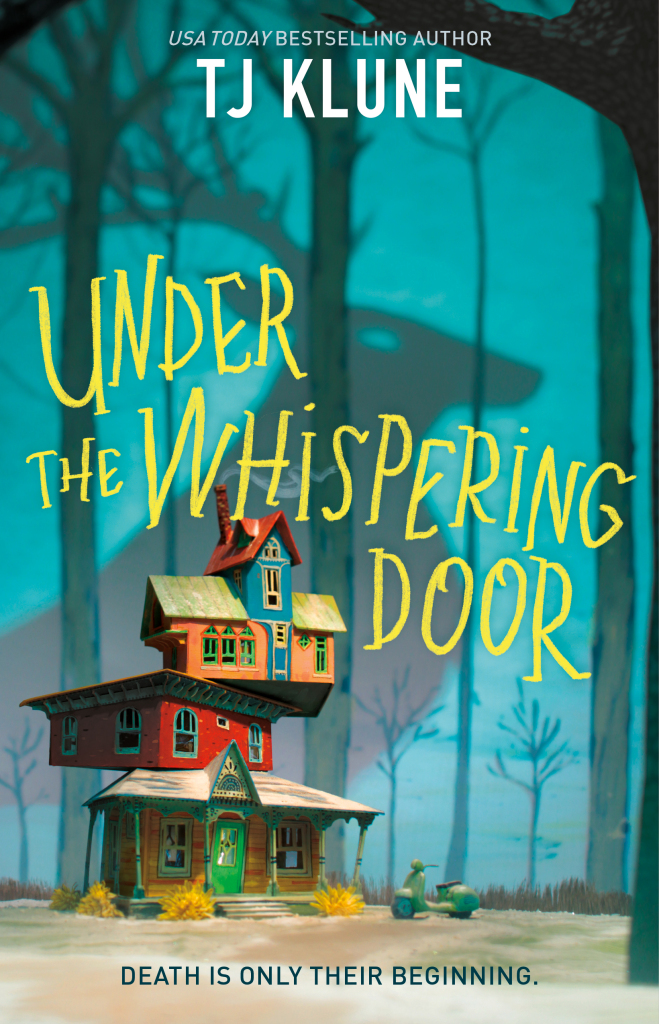
Under the Whispering Door
by TJ Klune
When a reaper comes to collect Wallace Price from his own funeral, Wallace suspects he really might be dead.
Book/Overdrive eBook/Overdrive Audiobook
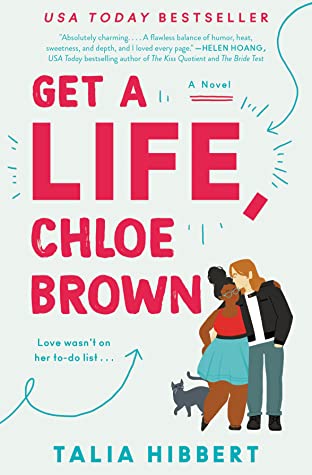
Get a Life, Chloe Brown
by Talia Hibbert
Chloe Brown is a chronically ill computer geek with a goal, a plan, and a list. After almost—but not quite—dying, she’s come up with seven directives to help her “Get a Life”, and she’s already completed the first: finally moving out of her glamorous family’s mansion. The next items?
Book/Overdrive eBook/Hoopla eBook/Hoopla Audiobook

The Library of the Dead
by T.L. Huchu
When a child goes missing in Edinburgh’s darkest streets, young Ropa investigates. She’ll need to call on Zimbabwean magic as well as her Scottish pragmatism to hunt down clues. But as shadows lengthen, will the hunter become the hunted?
Books
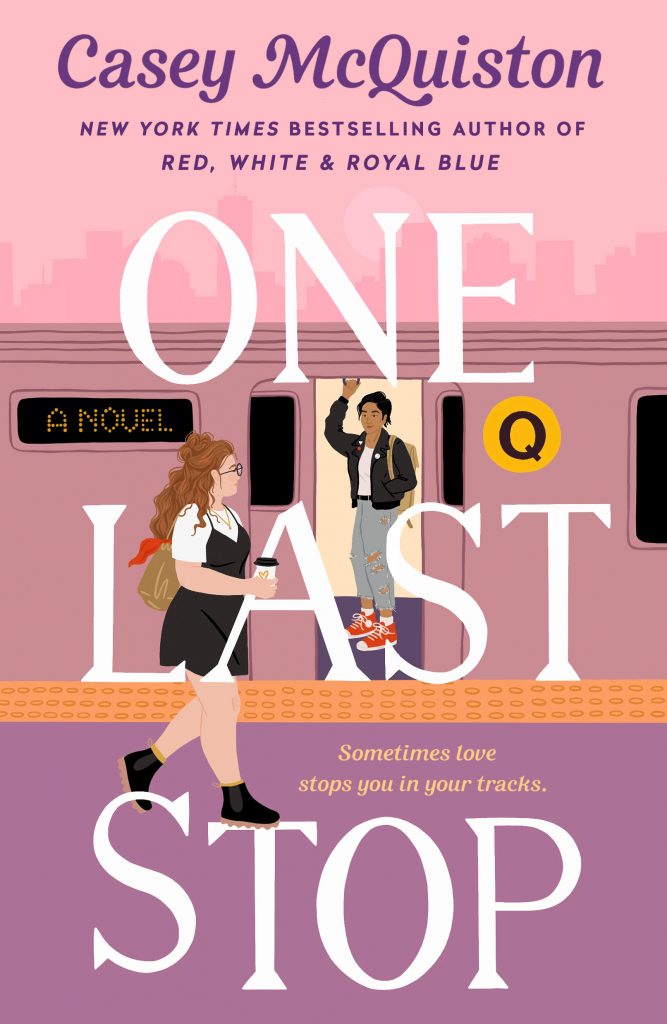
One Last Stop
by Casey McQuiston
For cynical twenty-three-year-old August, moving to New York City is supposed to prove her right: that things like magic and cinematic love stories don’t exist, and the only smart way to go through life is alone. She can’t imagine how waiting tables at a 24-hour pancake diner and moving in with too many weird roommates could possibly change that. And there’s certainly no chance of her subway commute being anything more than a daily trudge through boredom and electrical failures.
But then, there’s this gorgeous girl on the train.
Overdrive eBook
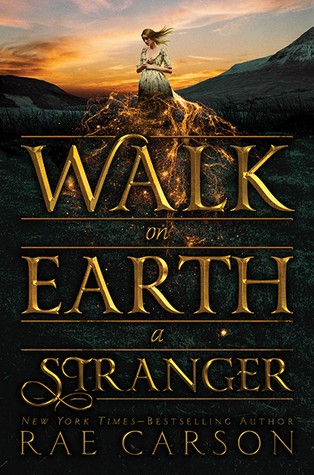
Walk on Earth a Stranger
by Rae Carson
Lee can sense gold in the world around her. Veins deep in the earth. Small nuggets in a stream. Even gold dust caught underneath a fingernail. She has kept her family safe and able to buy provisions, even through the harshest winters. But what would someone do to control a girl with that kind of power? A person might murder for it.
Book/Hoopla eBook/Hoopla Audiobook
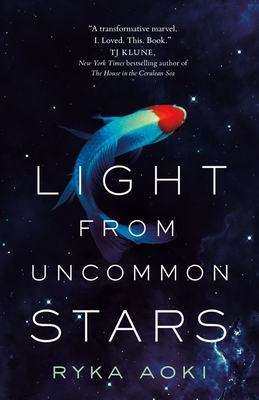
Light from Uncommon Stars
by Ryka Aoki
Shizuka Satomi made a deal with the devil: to escape damnation, she must entice seven other violin prodigies to trade their souls for success. She has already delivered six.
Book
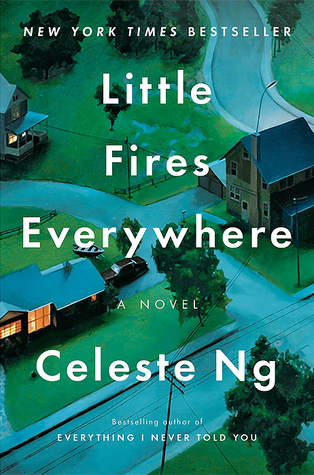
Little Fires Everywhere
by Celeste Ng
Little Fires Everywhere explores the weight of secrets, the nature of art and identity, and the ferocious pull of motherhood–and the danger of believing that following the rules can avert disaster.
Book/Audiobook CD/Overdrive eBook/Overdrive Audiobook

War and Peace
by Leo Tolstoy
In Russia’s struggle with Napoleon, Tolstoy saw a tragedy that involved all mankind. Greater than a historical chronicle, War and Peace is an affirmation of life itself, `a complete picture’, as a contemporary reviewer put it, `of everything in which people find their happiness and greatness, their grief and humiliation’.
Book/Audiobook CD/Overdrive eBook/Hoopla eBook/Hoopla Audiobook

1Q84
by Haruki Murakami
A young woman named Aomame follows a taxi driver’s enigmatic suggestion and begins to notice puzzling discrepancies in the world around her. She has entered, she realizes, a parallel existence, which she calls 1Q84 —“Q is for ‘question mark.’ A world that bears a question.” Meanwhile, an aspiring writer named Tengo takes on a suspect ghostwriting project. He becomes so wrapped up with the work and its unusual author that, soon, his previously placid life begins to come unraveled.
Book/Audiobook CD/Overdrive eBook
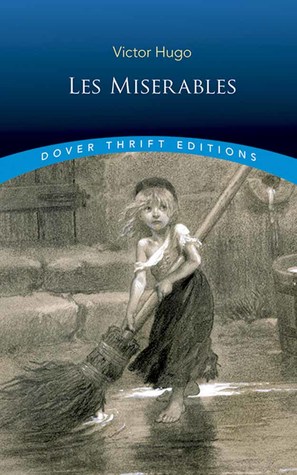
Les Miserables
by Victor Hugo
A thrilling tale of narrow escapes, romance in the midst of a revolution, and battlefield heroism, Victor Hugo’s sprawling 1862 novel focuses on the Parisian underworld.
Book/Overdrive eBook/Hoopla eBook/Hoopla Audiobook
Young Adult
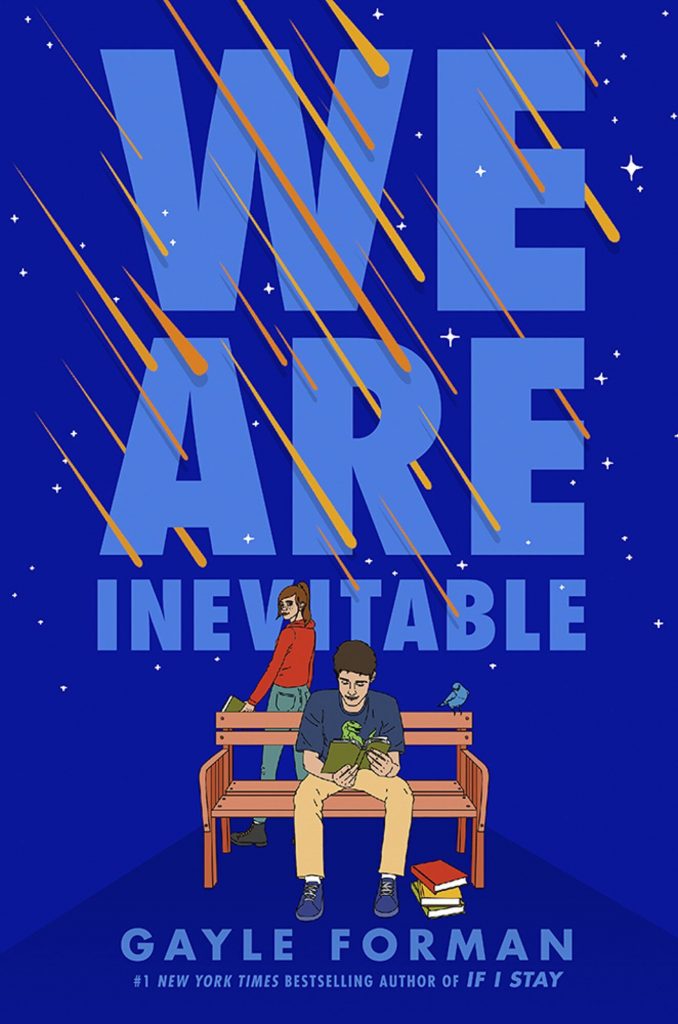
We are Inevitable
by Gayle Forman
While his friends have gone to college and moved on with their lives, Aaron’s been left behind in the Cascade Mountains of Washington State, running a failing bookshop with his dad, Ira. What he needs is a lucky break, the good kind of inevitable.
And then he meets Hannah. Incredible Hannah
Book
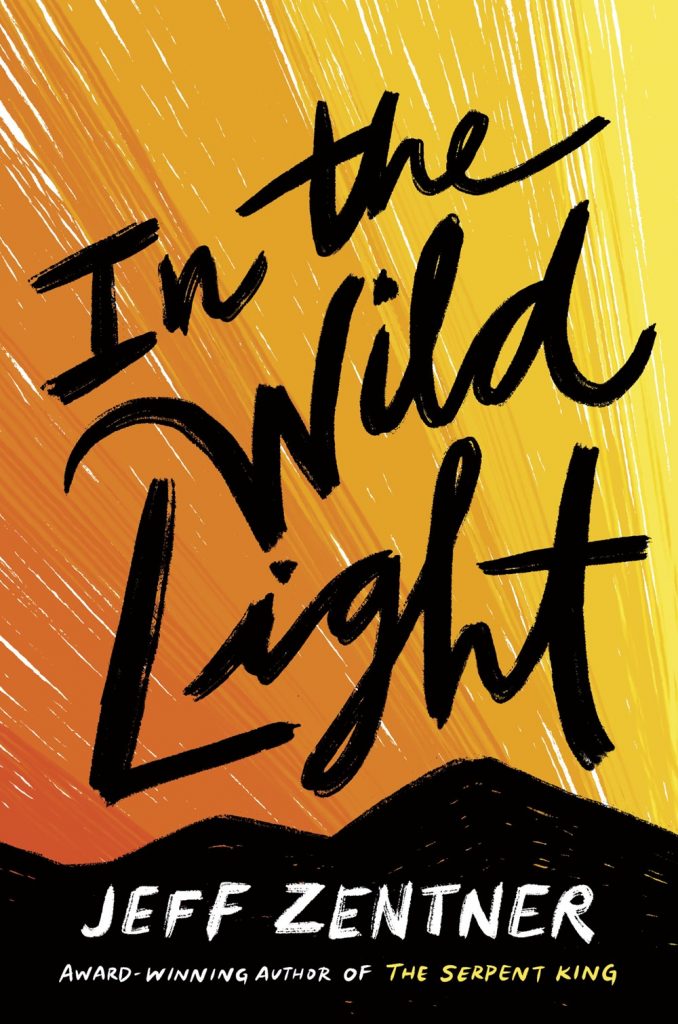
In the Wild Light
by Jeff Zentner
Life in a small Appalachian town is not easy. Cash lost his mother to an opioid addiction and his Papaw is dying slowly from emphysema. Dodging drug dealers and watching out for his best friend, Delaney, is second nature. He’s been spending his summer mowing lawns while she works at Dairy Queen.
But when Delaney manages to secure both of them full rides to an elite prep school in Connecticut, Cash will have to grapple with his need to protect and love Delaney, and his love for the grandparents who saved him and the town he would have to leave behind.
Book
Juvenile Fiction
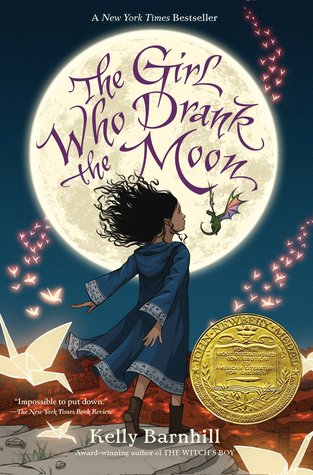
The Girl Who Drank the Moon
by Kelly Barnhill
Every year, the people of the Protectorate leave a baby as an offering to the witch who lives in the forest. They hope this sacrifice will keep her from terrorizing their town. But the witch in the forest, Xan, is kind and gentle. She shares her home with a wise Swamp Monster named Glerk and a Perfectly Tiny Dragon, Fyrian. Xan rescues the abandoned children and deliver them to welcoming families on the other side of the forest, nourishing the babies with starlight on the journey.
One year, Xan accidentally feeds a baby moonlight instead of starlight, filling the ordinary child with extraordinary magic. Xan decides she must raise this enmagicked girl, whom she calls Luna, as her own. To keep young Luna safe from her own unwieldy power, Xan locks her magic deep inside her. When Luna approaches her thirteenth birthday, her magic begins to emerge on schedule–but Xan is far away. Meanwhile, a young man from the Protectorate is determined to free his people by killing the witch. Soon, it is up to Luna to protect those who have protected her–even if it means the end of the loving, safe world she’s always known
Book/Overdrive eBook/Overdrive Audiobook/Hoopla eBook/Hoopla Audiobook
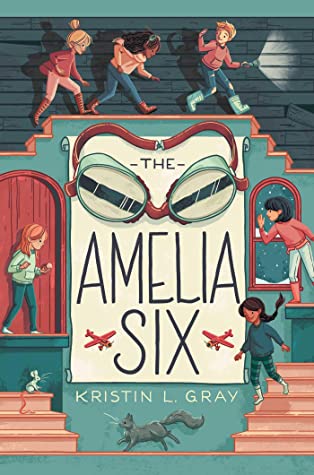
The Amelia Six
by Kristin L. Gray
Amelia Earhart’s famous aviator goggles go missing and eleven-year-old Millie has to find them before the night is over
Book
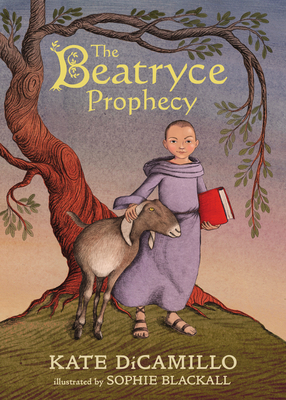
The Beatryce Prophecy
Kate DiCamillo
From two-time Newbery Medalist Kate DiCamillo and two-time Caldecott Medalist Sophie Blackall comes a fantastical meditation on fate, love, and the power of words to spell the world.
Book/Overdrive eBook
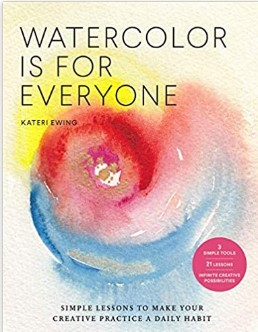
Watercolor is for Everyone: Simple Lessons to Make Your Creative Practice a Daily Habit by Kateri Ewing
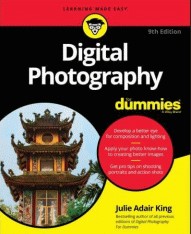
Digital Photography by Julie Adair King
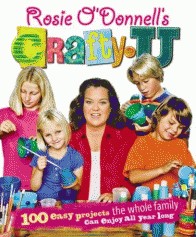
Rosie O’Donnell’s Crafty U: 100 Easy Projects the Whole Family Can Enjoy All Year Long by Rosie O’Donnell
The library has Overdrive (also known as Libby) for eBooks and audiobooks, and Hoopla which offers both eBooks and audiobooks, as well as streaming movies and television shows. So there’s always something to choose from wherever there’s internet access or when transporting a physical book is not possible. Look for these logos in your app store.



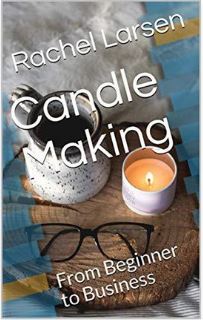
Candle Making: From Beginner to Business by Rachel Larsen
Stream or download this eBook
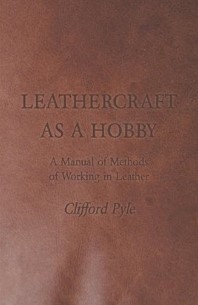
Leathercraft As A Hobby by Clifford Pyle
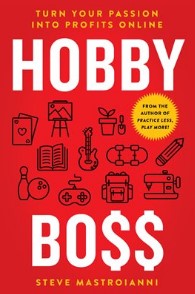
Hobby Boss: Turn Your Passion Into Profits Online by Steve Mastroianni
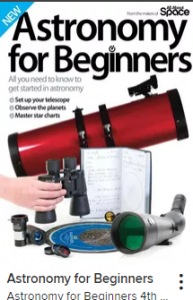
Astronomy for Beginners 4th Edition
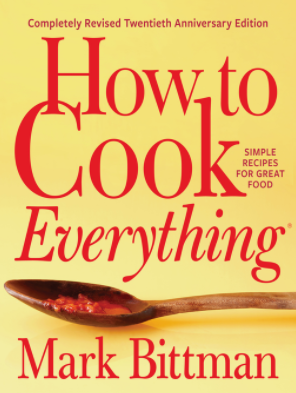
How to Cook Everything – Completely Revised Twentieth Anniversary Edition: Simple Recipes for Great Food by Mark Bittman
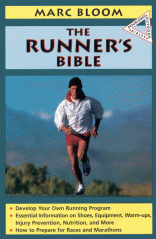
The Runner’s Bible by Mark Bloom
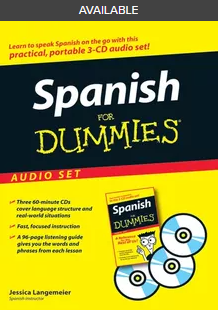
Spanish for Dummies by Jessica Langemeier

1000 Ideas for Decorating Cupcakes, Cookies, & Cakes by Sandra Salamony

Better Homes & Gardens 365 30-minute Meals
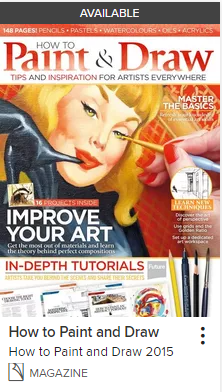
How to Paint and Draw

Minecraft Secrets
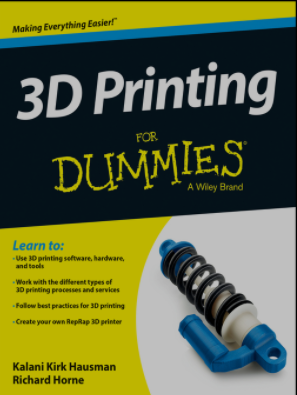
3D Printing for Dummies by Kalani Kirk Hausman

Rodale’s Basic Organic Gardening by Deborah Martin
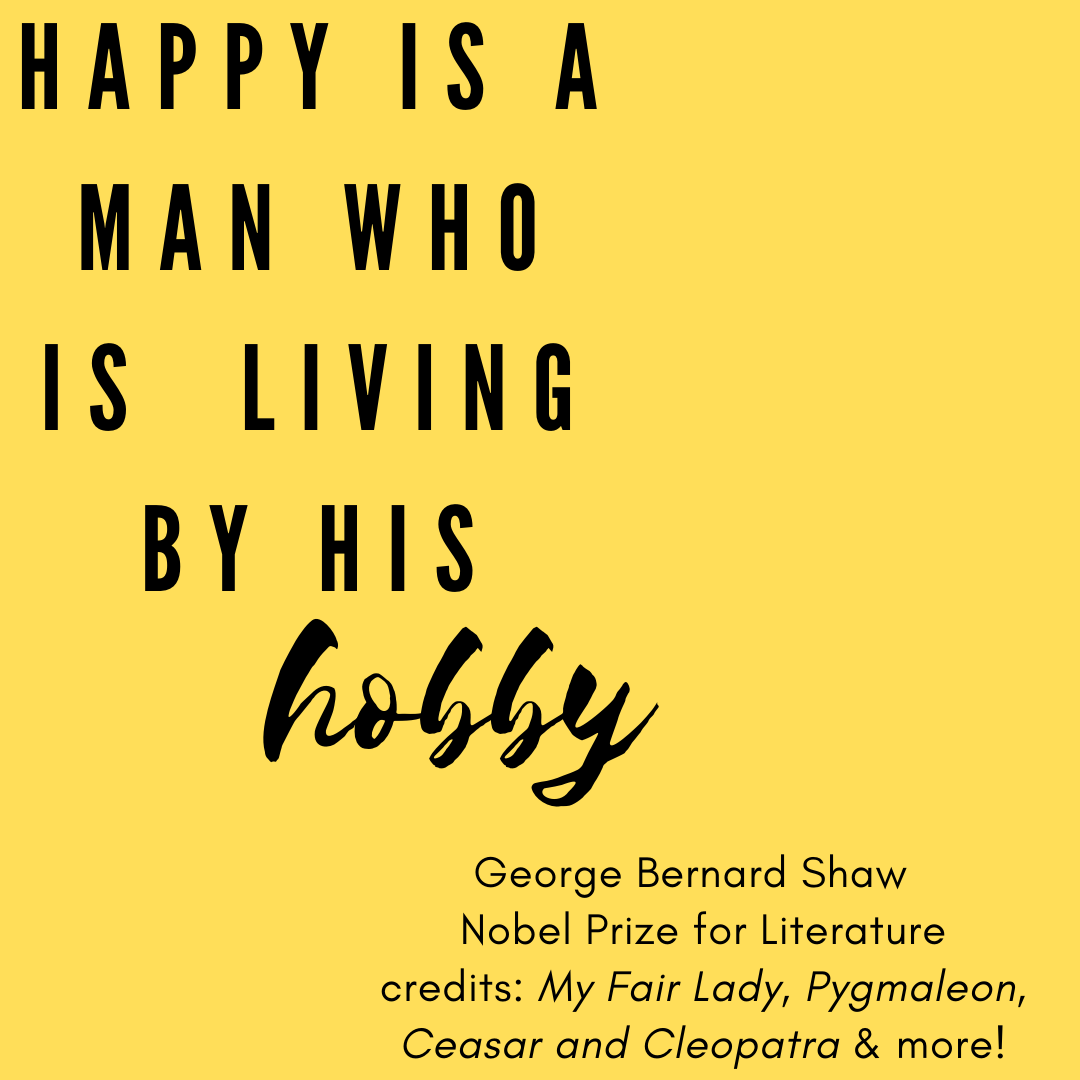
The holidays are almost here so check out our staff’s favorite books and movies that have to do with the holidays and family. Also check out what holiday movies are available for Streaming on Hoopla.
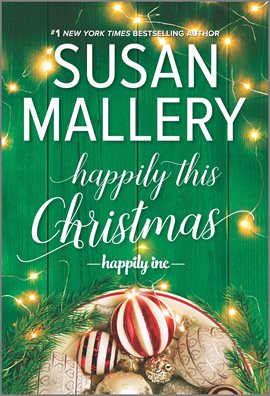
Happily This Christmas
by Susan Mallery

Merry and Bright
by Debbie Macomber
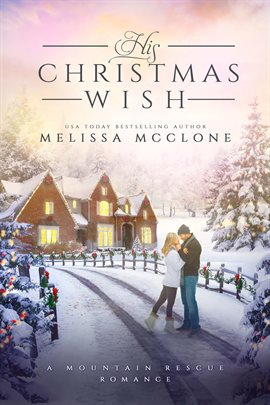
His Christmas Wish
by Melissa McClone

Miracle : and other Christmas stories
by Connie Willis
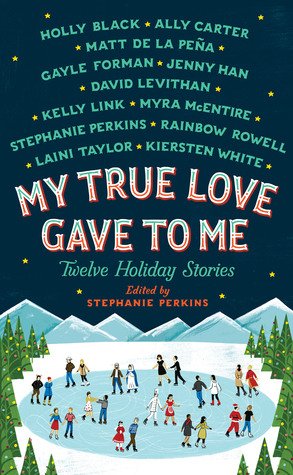
My True Love Gave to Me: Twelve Stories
by Stephanie Perkins and other authors
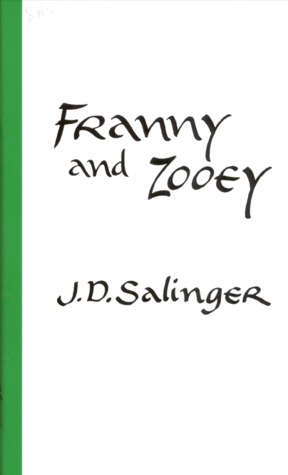
Franny and Zooey
by J.D. Salinger
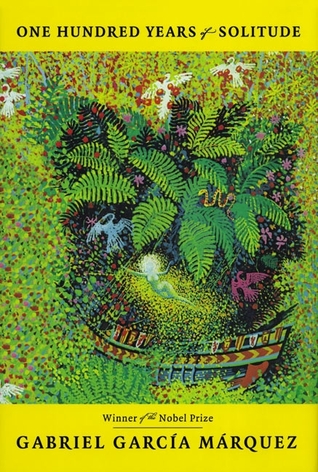
One Hundred Years of Solitude
by Gabriel Garcia-Marquez
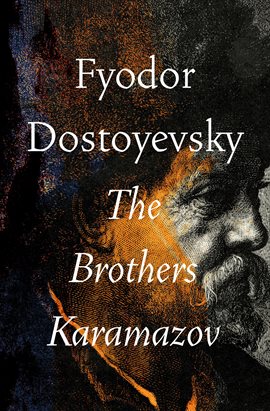
The Brothers Karamazov
by Fyodor Dostoevsky
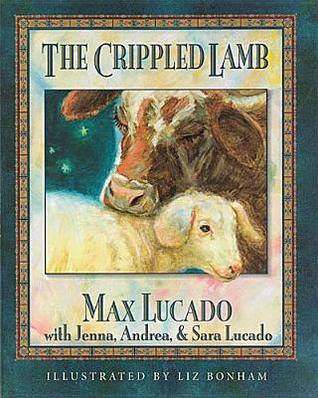
The Crippled Lamb
by Max Lucado

Penguin’s Christmas Wish
by Salina Yoon

Santa Bruce
by Ryan Higgins

Bear Stays Up for Christmas
by Karma Wilson

Santa’s Underwear
by Marty Figley
Movies

Home for the Holidays
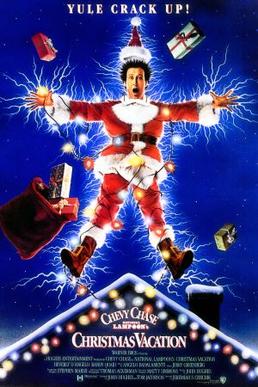
National Lampoon’s Christmas Vacation

Love Actually
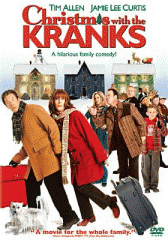
Christmas with the Kranks
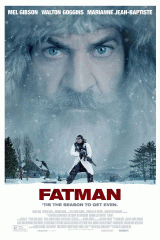
Fatman
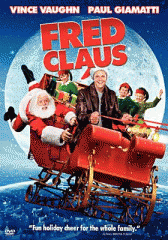
Fred Claus

How The Grinch Stole Christmas

Emmet Otter’s Jug-Band Christmas

Mickey’s Christmas Carol

Jingle All the Way

The Muppet Christmas Carol

Santa Claus is Coming to Town
Two local women, Harriet Backenstoe of Emmaus and Dorothy Knauss of Allentown, collected dolls from around the world, most of them made between the 1930s and the 1970s. Both women who are deceased, generously donated their collections to Allentown Public Library and you have a unique opportunity to get an up close look at many of them.
In her lifetime, Knauss was a harpist who performed with the Allentown Symphony Orchestra, Allentown Band and Allentown Municipal Opera Company. Backenstoe taught art at Hanover Township’s Hanover School, served as an art supervisor at Kutztown University and traveled to many foreign countries. Both collected dolls for years. The library had displayed the dolls annually as part of a holiday tradition, but it has now been a few years since the dolls were last shown publicly.
Combined, the full collection includes about 400 dolls, each a work of art representing a variety of countries from around the world with several from countries that today no longer exist. About 30 of the individual pieces will be displayed throughout the month of December 2021. They provide insight into many cultures with traditional and festive clothing styles, or snippets from the everyday life of the people from the country they represent.
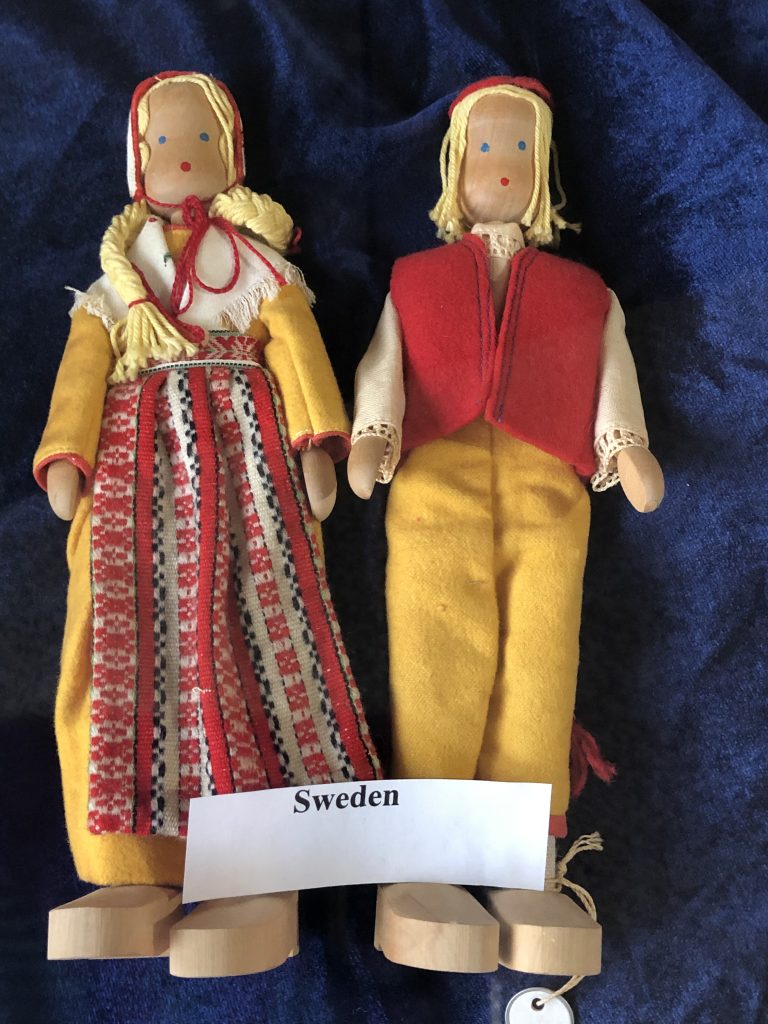
Fascinating and beautiful as they are educational, these dolls are unique and certainly not what you might find as a child’s play toy today.
On display at Allentown Public Library now through December 30, 2021.
Hours: 12 p.m. – 8 p.m. Monday and Tuesday, 9 a.m. – 5 p.m. Wednesday through Friday, and 10 a.m.- 2 p.m. on Saturday.
Check out these links for more information about the dolls and the collectors.